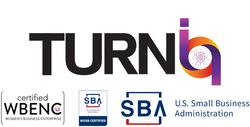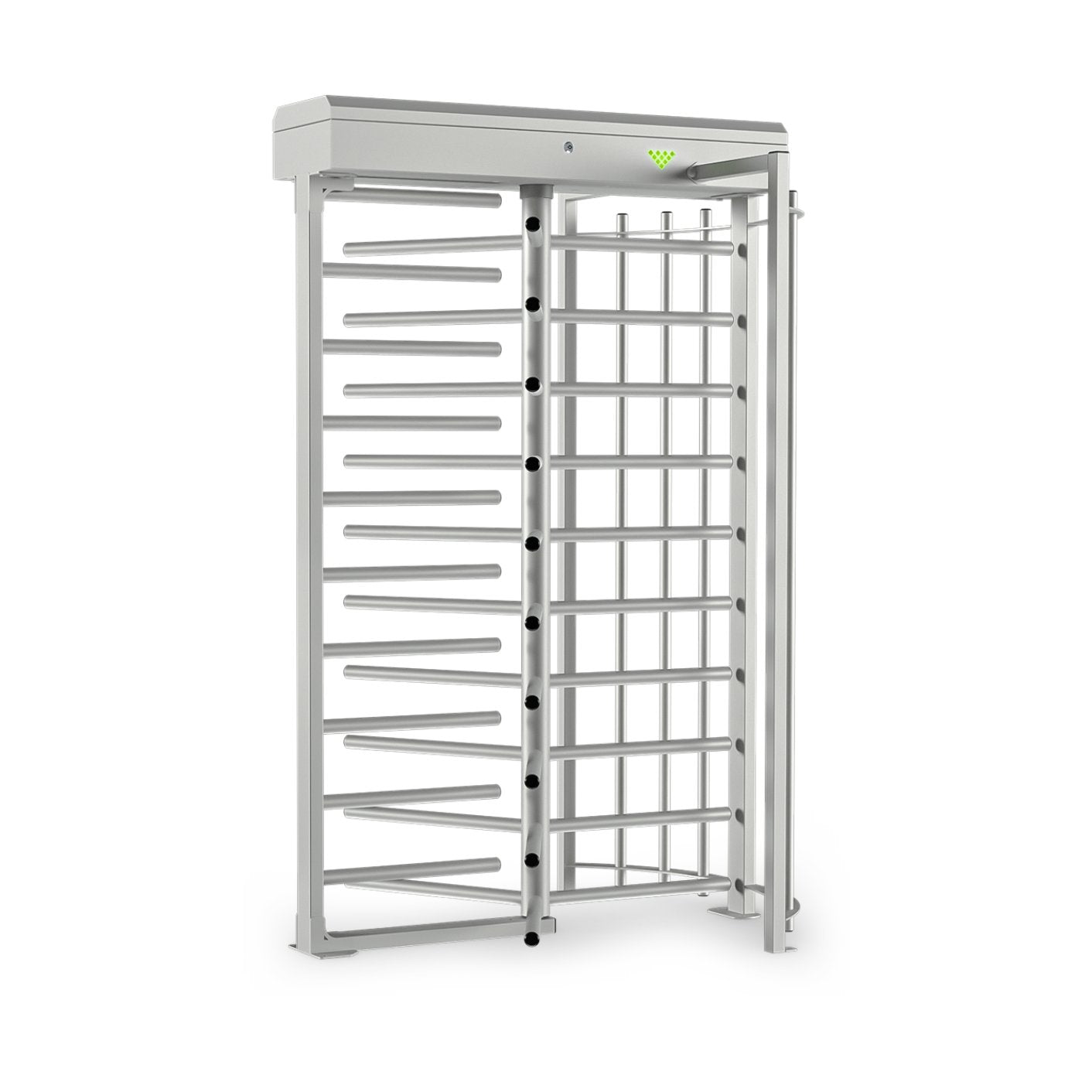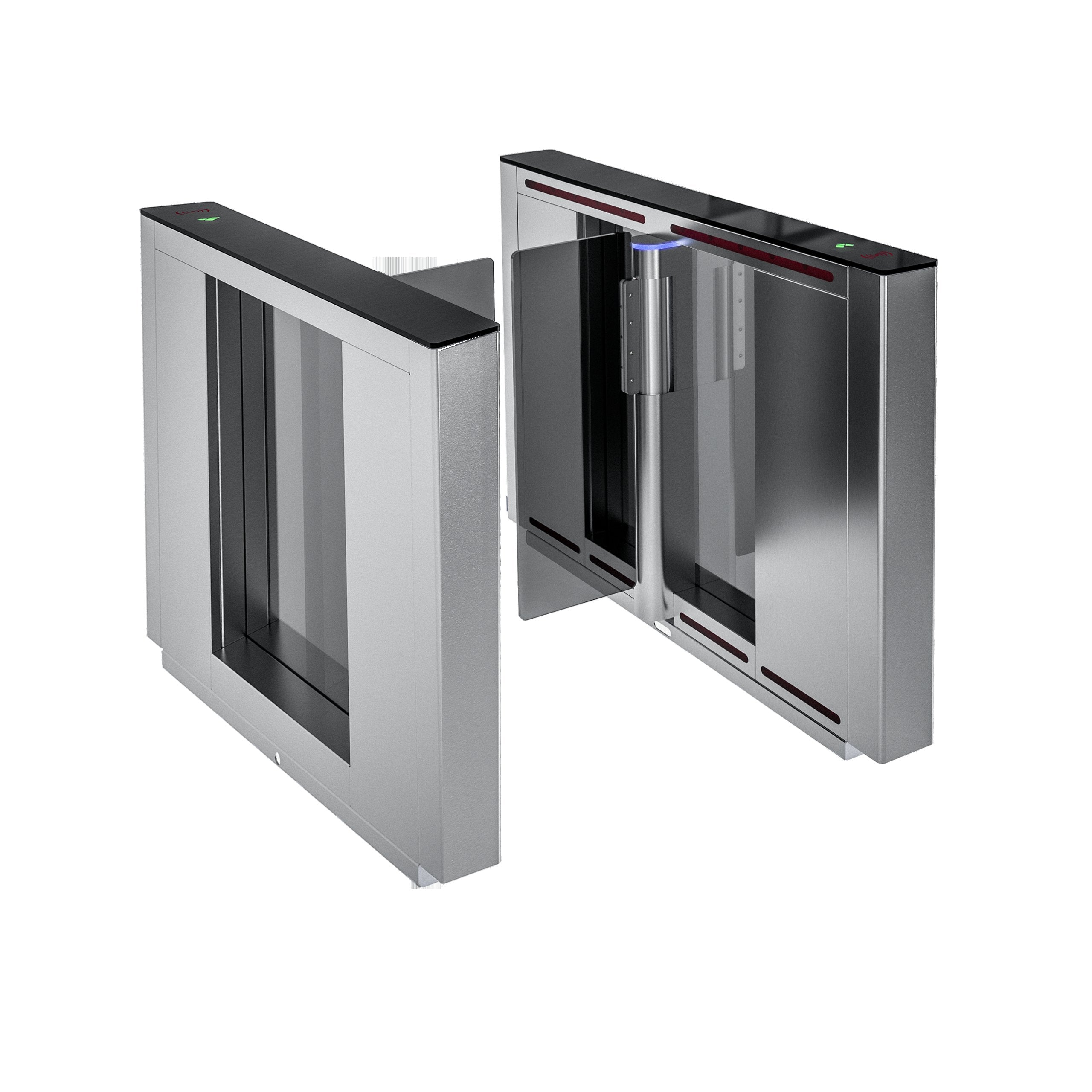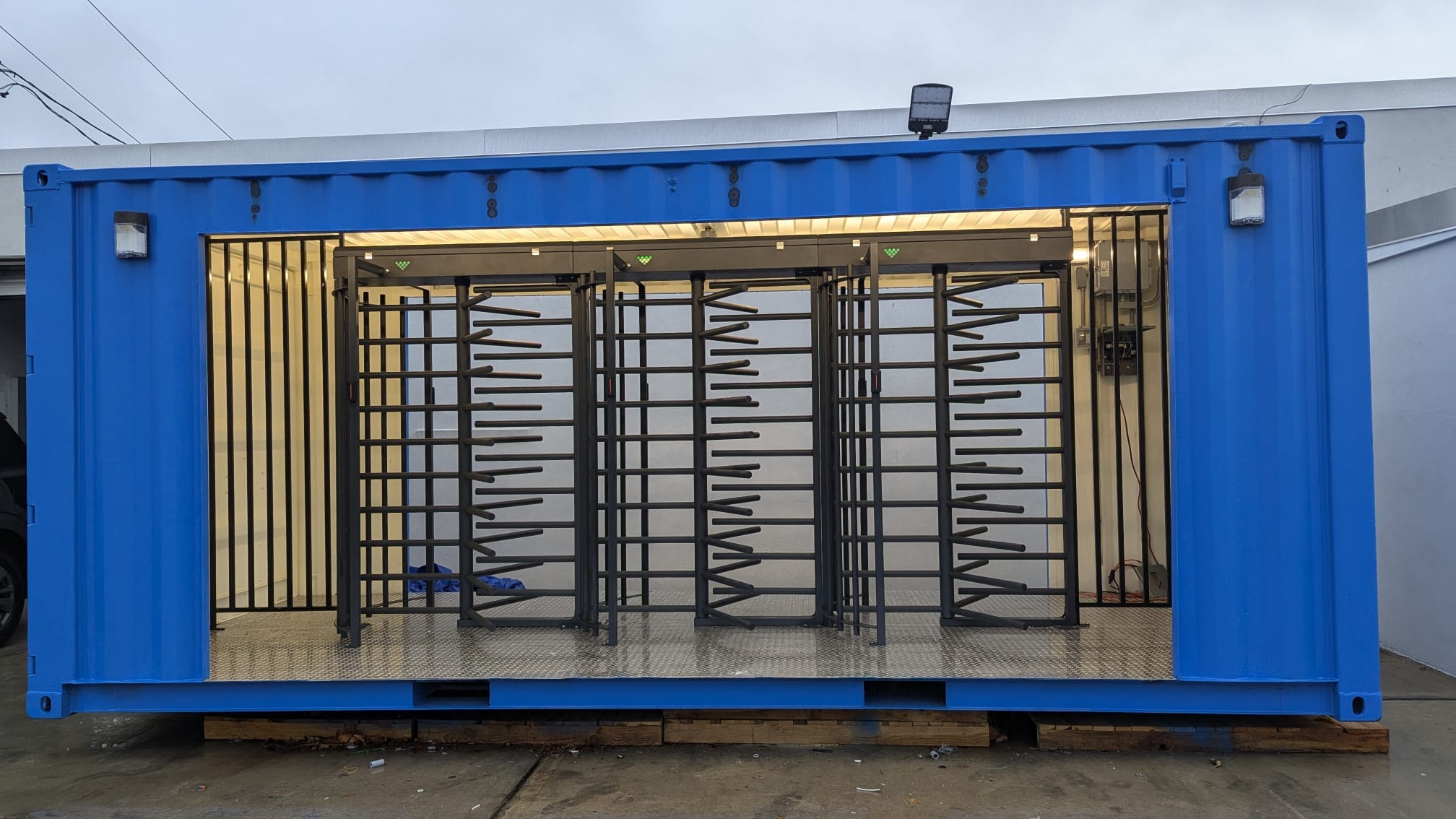Biometric Access Control: Benefits, Challenges, and Costs in 2025
Biometric access control is transforming the way facilities manage security. Instead of cards or keys, these systems use unique biological traits such as fingerprints, facial patterns, or iris scans to verify identity.
In this article, we explain how biometric access control works, its benefits and challenges, and what it costs to implement in 2025.
What Is Biometric Access Control?

Definition
Biometric access control systems authenticate users based on physical or behavioral characteristics. These traits are nearly impossible to duplicate, making biometrics one of the most secure methods available.
Common Types
-
Fingerprint scanners
-
Facial recognition cameras
-
Iris and retina scanners
-
Palm vein recognition
-
Voice recognition (less common in physical access control)
Benefits of Biometric Access Control
High Security
Biometrics prevent credential sharing and reduce the risk of lost or stolen access cards.
User Convenience
No need for employees to carry keys or fobs — access is always “on hand.”
Audit Trails
Every entry is tied to a specific individual, supporting compliance and investigations.
Integration Ready
Biometrics integrate with turnstiles, arm barriers, sliding gates, and broader access control systems.
Challenges of Biometric Access Control
Privacy Concerns
Collection and storage of biometric data must comply with GDPR, CCPA, and local laws.
Costs
Biometric readers are more expensive than card or fob systems.
Environmental Sensitivity
Dirt, poor lighting, or gloves can affect fingerprint and facial scanners.
User Acceptance
Some users may be uncomfortable with biometric enrollment.
Cost of Biometric Systems in 2025
Fingerprint Readers
-
$500 – $1,200 per reader
Facial Recognition
-
$1,500 – $3,000 per reader
Iris and Palm Scanners
-
$2,000 – $4,000 per reader
Full System Installations
-
Small facility: $10,000 – $20,000
-
Mid-sized facility: $25,000 – $50,000
-
High-security enterprise: $75,000 – $100,000+
Use Cases for Biometric Access Control
Corporate Offices
Secure sensitive departments and data centers.
Government and Military
Ensure strict identity verification at entry points.
Airports and Transport Hubs
Control access to restricted operational zones.
Industrial Facilities
Protect production areas and hazardous zones.
FAQ: Biometric Access Control
Are biometrics safe to use?
Yes, but data must be encrypted and stored securely to protect user privacy.
Can biometrics be hacked?
Spoofing attempts exist, but modern systems use liveness detection to prevent fraud.
Do biometrics replace other credentials completely?
Not always — many facilities use biometrics as part of multi-factor authentication.
Why Choose TurnIQ?
TurnIQ integrates biometric systems with turnstiles, barriers, and gates to provide complete, future-ready access control solutions. Our expertise ensures compliance, secure data handling, and reliable system performance.
Considering biometrics? Contact TurnIQ to explore solutions tailored to your facility.
Conclusion
Biometric access control offers unmatched security and convenience, but it also requires careful consideration of cost, privacy, and compliance. For many organizations in 2025, biometrics are becoming an essential part of layered security strategies.





